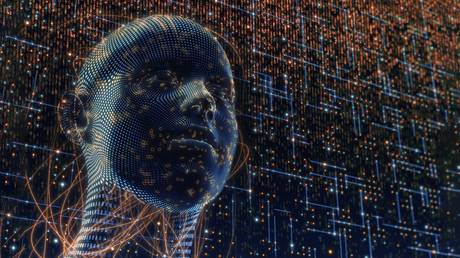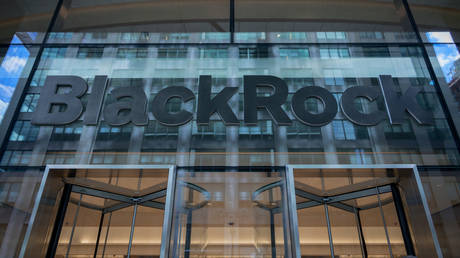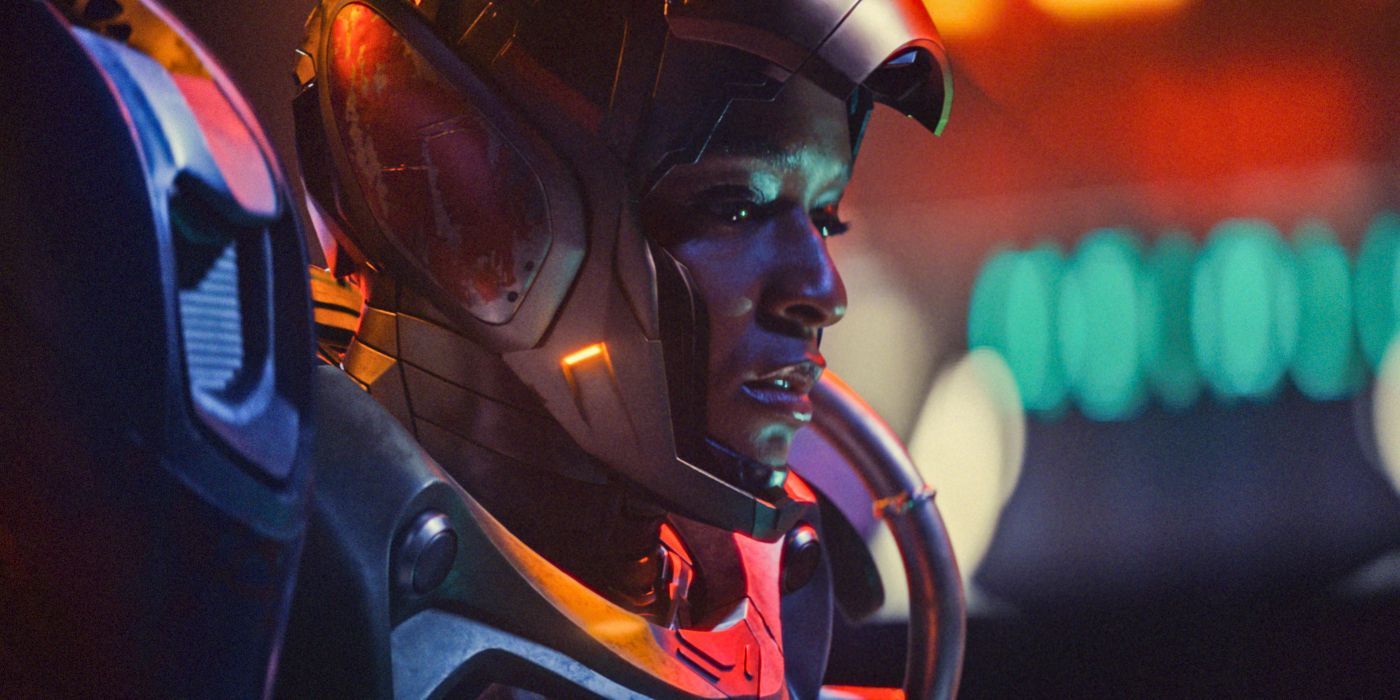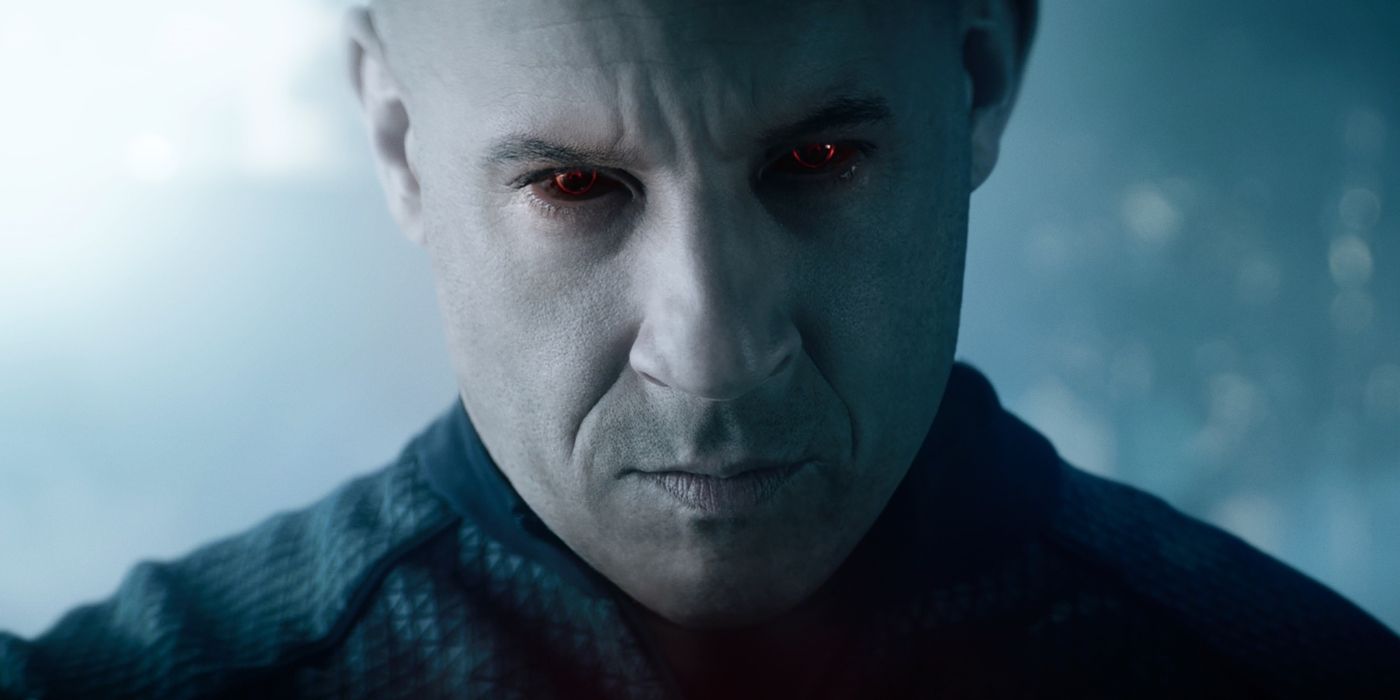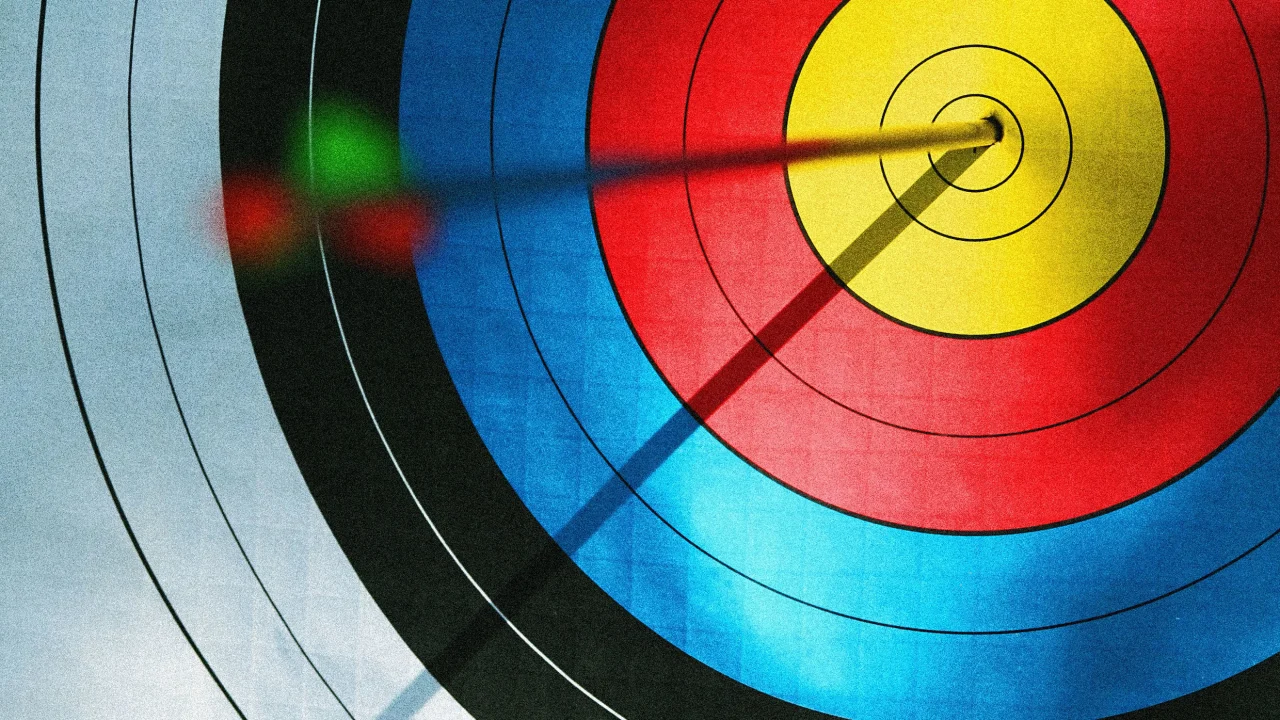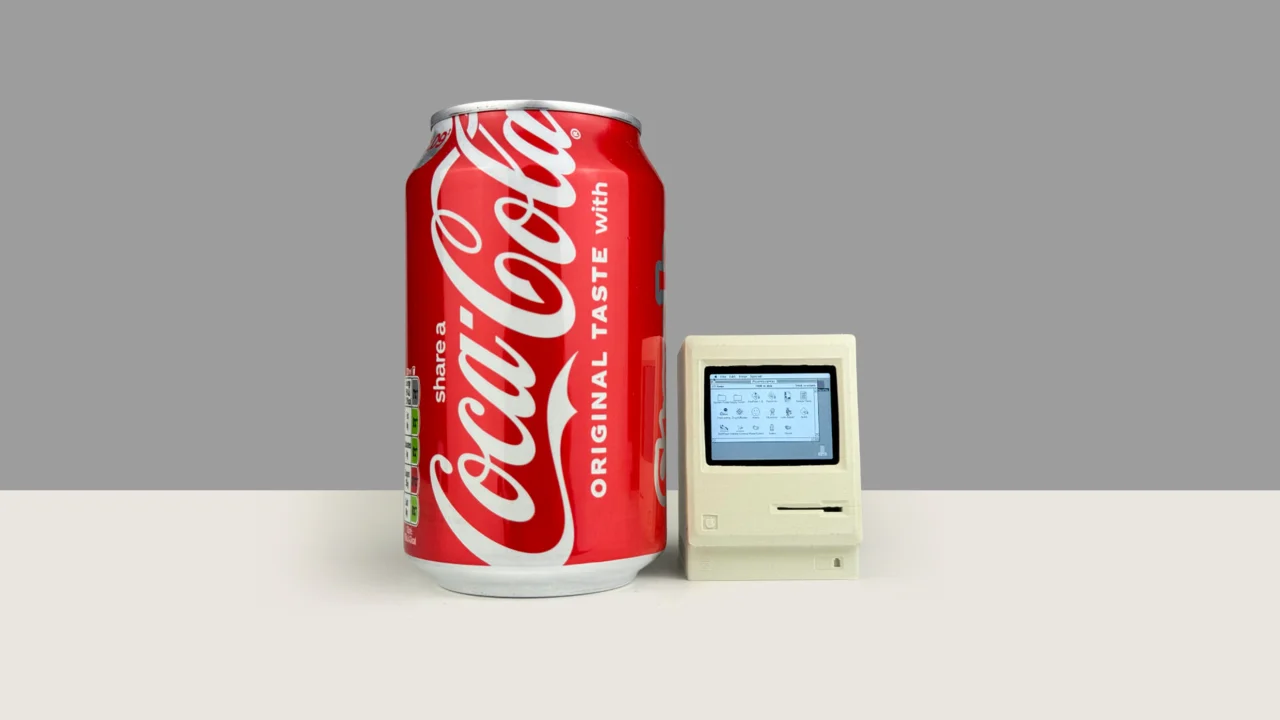How to avoid creating “AI zombies” in your workplace

Zombies have always fascinated me: one favorite is Brad Pitt’s World War Z, a fun movie of the genre with its brain-dead bodies wandering aimlessly through the world looking to feed off the living. But recent highly publicized research from MIT has left me wondering whether we are entering the land of the living dead as we head into the AI-powered workplace.
The study, carried out by MIT Media Lab, focused on how the use of chatbots impacts our thinking. Using EEG brain scans, researchers found that when people relied on AI to write essays, their brain activity plummeted—with as much as 55% less activity in areas related to memory, creativity, and attention. But that’s not all: after pivoting away from the AI, users still underperformed in critical thinking and recall tasks. The research suggests, too, that this underperformance may heighten our risk for clinical depression and anxiety, Alzheimer’s disease, and dementia.
The costs of AI to our critical thinking
The adoption of AI chatbots has been a rapid revolution; ChatGPT, for example, set a record for the fastest-growing user base of any modern consumer application when it reached over 100 million users two months after launching in 2022.
Since then, many doomsdayers have been predicting the demise of millions of jobs and the downgrading of humanity to no longer being the smartest in our universe. I believe in humanity’s ability to change and adapt—but this research does raise some serious questions about the long-term impact for AI in organizations.
If we encourage our people to adopt AI-first strategies into our business activities, we may be setting ourselves up for failure. In the short term, things may be getting done more efficiently and revenue may be up. But what about the cost to your corporate resilience and problem-solving?
The collective cognitive cost is that we risk creating a workforce that appears busy, but is functionally brain-dead, unable to think for themselves, problem-solve, or be creative. In other words? Zombies.
But there is still time to push back against the impending threat of corporate zombie-ism. Here are four things you can do to arm yourself against the invasion.
- Hone a reinvention mindset. Reinvention isn’t easy, but it’s critical to be able to adapt to a fast-changing environment. This starts by reviewing your strengths and weaknesses. From there, you can make a conscious decision about what will serve you in the new world and what won’t. Just like moving houses, you don’t want to take all the junk with you. A reinvention mindset sees disruption as an opportunity, failure as a learning curve, and adaptability as a superpower.
- Empower your team. As AI becomes the new normal, your team will need to evolve their skills to identify and adapt to new opportunities. Training them to be AI-competent, while still encouraging the need for individuality and human-centric creativity and logic, will help maintain a healthy balance.
- Tough it out. It’s through failing, learning, growing, and continuing on that we build deep knowledge, resilience, and pride in our efforts. Create guidelines for your workplace’s use of AI, and reinforce that AI is merely a tool, rather than a complete solution.
- Have fun. During challenging times, increased stress and cortisol often restrict our ability to think logically and strategically. We are in survival mode. One of the best ways to address this is to release the pressure valve by having fun. Encourage the team to laugh, play, enjoy, and live in the moment. A shot of dopamine will reinforce the culture of reinvention that will always win over zombies.
If a culture where zombies are accepted creates teams with a high AI-dependency and lowered critical thinking skills, then creating a reinvention mindset is the best path to long-term success.
By focusing on our human qualities that make a culture unique and high performing, such as curiosity, resilience, and creative problem-solving, you will build a culture of reinvention that won’t just survive in this changing world order—it will lead it.
What's Your Reaction?
 Like
0
Like
0
 Dislike
0
Dislike
0
 Love
0
Love
0
 Funny
0
Funny
0
 Angry
0
Angry
0
 Sad
0
Sad
0
 Wow
0
Wow
0






